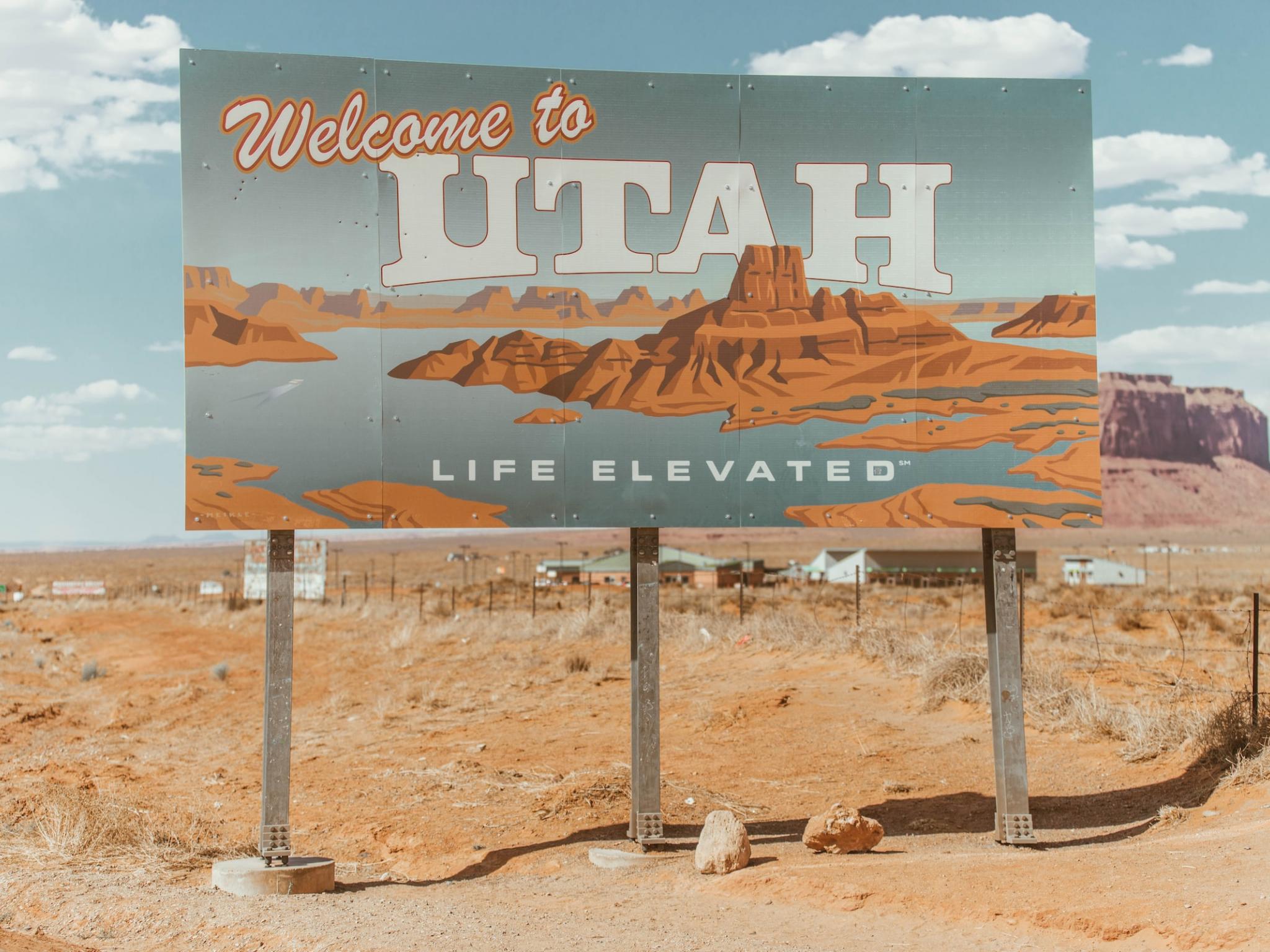
The medical cannabis industry in Utah is confusing since synthetic cannabinoid-laden products appeared in naturally abundant amounts on dispensary shelves. According to the FDA, CBD is synthesized from delta-8, THC and a variety of other cannabinoids that could pose "serious health risks."
Under the 2018 Farm Bill, any hemp plant, or derivative thereof, that contains more than 0.3 percent delta-9 THC by dry weight is hot and non-compliant with the law.
However, Utah provided a path for federally regulated hemp derivatives to enter the state's separate program for the manufacture and sale of medical cannabis, with no program for industrial hemp.
As Forbes reported, this includes the manufacture of an agricultural product (CBD biomass and other hemp derivatives) for the sole purpose of developing a synthetic psychotropic derivative sold in the Utah medical cannabis program.
According to groups such as Utah's patient advocacy group TRUCE (Together for Responsible Use and Cannabis Education) and Arizona-based FOCUS (Foundation of Unified Cannabis Standards), the above-mentioned could be a violation of federal law.
“Our biggest concern is Title 26 Utah Health Code Chapter 61a Utah Medical Cannabis Act doesn't define synthetic cannabinoids,” said TRUCE Founder Christine Stenquist, who helped shape Utah’s medical cannabis effort. “We see the introduction of synthetic cannabinoids in Title 4 Utah Agricultural Code Chapter 41, Hemp and Cannabinoid Act.”
FOCUS president and founder Lezli Engelking said: "The grey areas surrounding the use of multiple nomenclatures, which carry the same meaning by definition, in numerous, yet separate sections of State Code, have caused extreme confusion and should be a concern to regulators, industry participants, and patients alike.”
Utah Department of Health and Human Services Measure
Recently, the Utah Department of Health and Human Services (DHHS) released a bulletin to Utah medical marijuana patients regarding the detection of synthetic cannabinoids in state-sponsored medical cannabis sales.
Now, the DHHS requires that if a medical cannabis product contains a synthetic or derivative ingredient, the label must include the following: “This product contains a derivative and/or synthetic cannabinoid.”
However, some advocates say this isn’t enough. “In our state, by law, Utah considers D6a-10a a naturally occurring cannabinoid, not a derivative or a synthetic,” Stenquist said. “Our inquiries through calls and email exchanges over the past month with subject matter experts Dr. Ethan Russo, Dr. Muhammad Elsohly, and Dr. Chris Hudalla indicated that this is, in fact, a synthetic byproduct of a poorly processed flower.”
Additionally, the Industrial Hemp Production Plan submitted by UDAF to the US Domestic Hemp Production Program states they recognize that hemp may not be introduced into commerce and must be destroyed if it exceeds the allowable concentration of THC.
"All industrial hemp plant parts resulting from a lot of harvested plant material represented by a sample with a THC concentration greater than the acceptable industrial hemp THC level shall be prohibited from being further handled, processed, or entered into the stream of commerce," according to the Industrial Hemp Production Plan.
Requirements Included by Current Utah Law:
- All cannabis products must be independently tested in a laboratory (4-41a-701) in order to identify and quantify any cannabinoids.
- Products must follow best practices regarding human safety standards (4-41a-603(4)).
- Ingredients are clearly displayed on a labeled container (4-41a-701(4)).
A statement provided by Joe Dougherty, communications director for the Utah Department of Health and Human Services (DHHS), said “The Utah Department of Agriculture and Food (UDAF) and independent Utah laboratories, only test products to determine what cannabinoids they contain. UDAF relies on experts at the FDA, USDA, DHHS, and other similar bodies who have relevant expertise to make determinations on the safety of all ingredients.
“At this time, we have found no evidence showing harm or benefit from any of the synthetic or derivative cannabinoids that have been identified as present in medical cannabis products in Utah,” continued the statement.
Finally, the DHHS also works with the Cannabis Research Review Board, which aims to review available research related to the human use of cannabinoid products and recommend guidelines that may be used by qualified medical providers and pharmacists who recommend cannabinoid products to their patients.
Get your daily dose of cannabis news on Benzinga Cannabis. Don’t miss out on any important developments in the industry.
Photo: Courtesy Of Taylor Brandon On Unsplash




.jpg?w=600)


